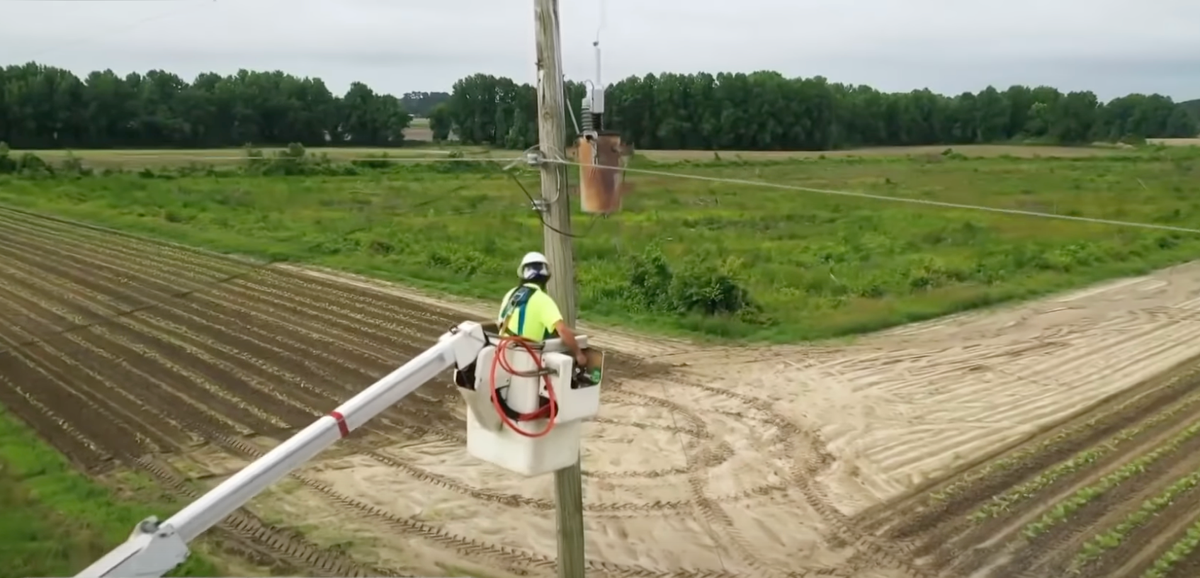Broadband Groups Decry Impact of FCC Digital Discrimination Rules on Rural Providers
ACA Connects, the Rural Broadband Association NTCA, and WISPA issued a joint statement against them.

WASHINGTON, March 5, 2024 – A group of broadband advocacy organizations issued a joint statement to the Federal Communications Commission urging the agency to exclude smaller and rural broadband providers from its new digital discrimination rules, citing a lack of evidence they engage in discrimination where they build and calling into question the agency’s legal authority to impose the rules.
America’s Communications Association (ACA Connects), the Rural Broadband Association (NTCA), and WISPA, known until recently as the Wireless Internet Services Providers Association, argued in a statement that the digital discrimination rules would impose an undue burden on rural providers.

The organizations claim that there has been no evidence presented against rural broadband providers suggesting they engage in discriminatory practices.
On the contrary, the organizations claim that ACA Connects provided evidence that proves rural providers do not discriminate. Per the statement, ACA Connects, “submitted data drawn from the commission’s National Broadband Maps and the U.S. Census Bureau showing that ACA Connects members are not discriminating among the subscribers they serve based on income, race, or ethnicity.”
The groups say that their providers have undertaken a number of actions to promote “digital inclusion.” These actions include: publishing comprehensive reports on digital inclusion of rural areas, hosting webinars to discuss the expansion of broadband into sparsely-populated and Tribal areas, creating digital resources to help formulate strategies for rural broadband providers.
The organizations also point out that roughly 20 petitions for review have been filed in federal courts against the commission, questioning the body’s authority to issue rules on the basis of a disparate impact standard. Until the courts weigh in on the matter, the commission should refrain from issuing these new rules, the organizations say.
Smaller and rural broadband providers would be forced to undertake new burdens in addition to “the new broadband label and data breach reporting obligations the Commission has recently imposed,” the organizations write, adding the FCC should delay enforcing the rules on rural providers until the agency conducts a “test period” to see whether the rules are effective.
The FCC’s new rules would implement a pair of “affirmative obligations” on providers.
One new rule would “establish a mandatory internal compliance program requiring regular internal assessment” on providers’ past, current, and future projects and whether certain areas experience discrimination without “technical or economic justification.”
Another rule mandates providers “submit an annual, publicly-available supplement” detailing, “any large-scale broadband deployment, upgrade, and maintenance projects that were completed or substantially completed during the preceding calendar year and the communities served by such projects.”











